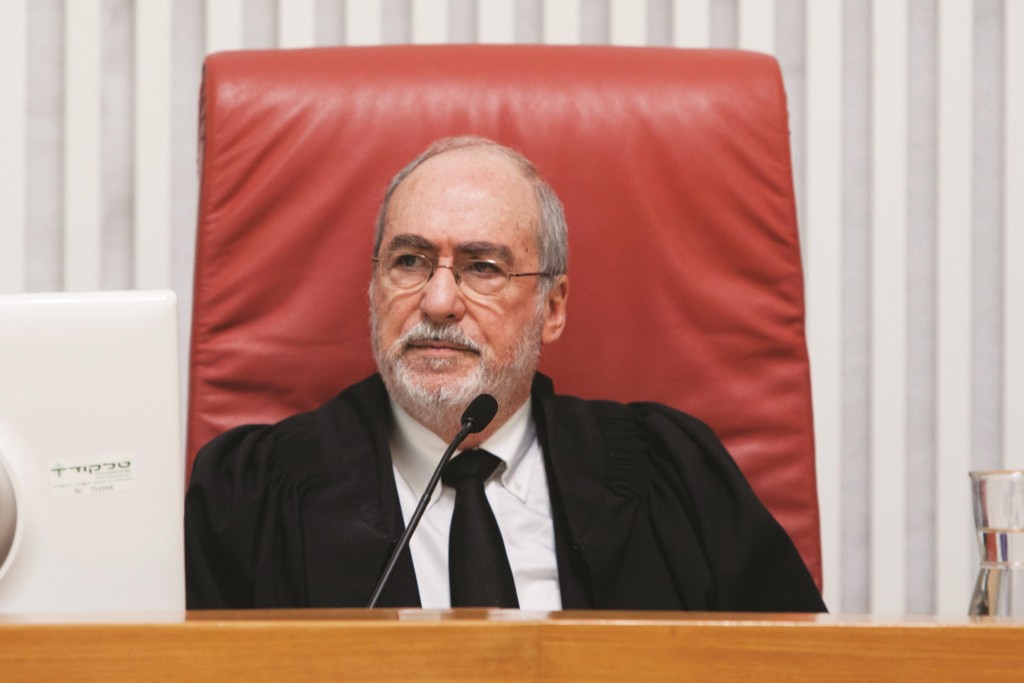High Court Rules Against Human Rights Groups In Housing Discrimination Case

The Israeli High Court issued a landmark ruling on Wednesday to uphold the right of small communities to maintain housing committees to determine who shall be admitted as new residents, The Jerusalem Post reported.
A 5-4 majority prevailed on the extended judicial panel, a relative rarity, indicating the court’s recognition of the case’s importance.
Human rights groups petitioned the court to strike down the law, contending that it empowers local councils to discriminate against Arabs and other minorities. The groups included Adalah: The Legal Center for Arab Minority rights in Israel, and the Association for Civil Rights in Israel (ACRI), among others.
The five justices who voted in favor were Supreme Court President Asher D. Grunis, Deputy President Miriam Naor, Justices Eliyakim Rubinstein, Esther Hayot and Hannan Meltzer on the grounds that the petition to strike down the relatively new law was premature.
Justices Edna Arbel, Salim Jabraun and Yoram Danziger voted to strike down the part of the law which allowed “acceptance committees” to refuse to accept certain applicants, while Justice Neal Meltzer voted separately to strike down the existence of the “acceptance committees” entirely.
The petitioners sought to nullify the Acceptance Committee Law, which allows approximately 434 communities in the Negev and the Galil almost unlimited discretion in deciding on applications for residency.
The justices noted that the law expressly prohibits discrimination. They also pointed out that, if taken to their logical conclusion, the petitioners’ arguments could be used to overturn the income tax law on grounds of discrimination, since it too discriminates, requiring more tax on higher income classes than lower ones.
The judges reminded the petitioners of precedents in favor of the existing law, and Rubinstein said that they were essentially proposing doing away with these small communities, known as yishuvim, as an idea.
This article appeared in print on page 9 of edition of Hamodia.
To Read The Full Story
Are you already a subscriber?
Click "Sign In" to log in!

Become a Web Subscriber
Click “Subscribe” below to begin the process of becoming a new subscriber.

Become a Print + Web Subscriber
Click “Subscribe” below to begin the process of becoming a new subscriber.

Renew Print + Web Subscription
Click “Renew Subscription” below to begin the process of renewing your subscription.












